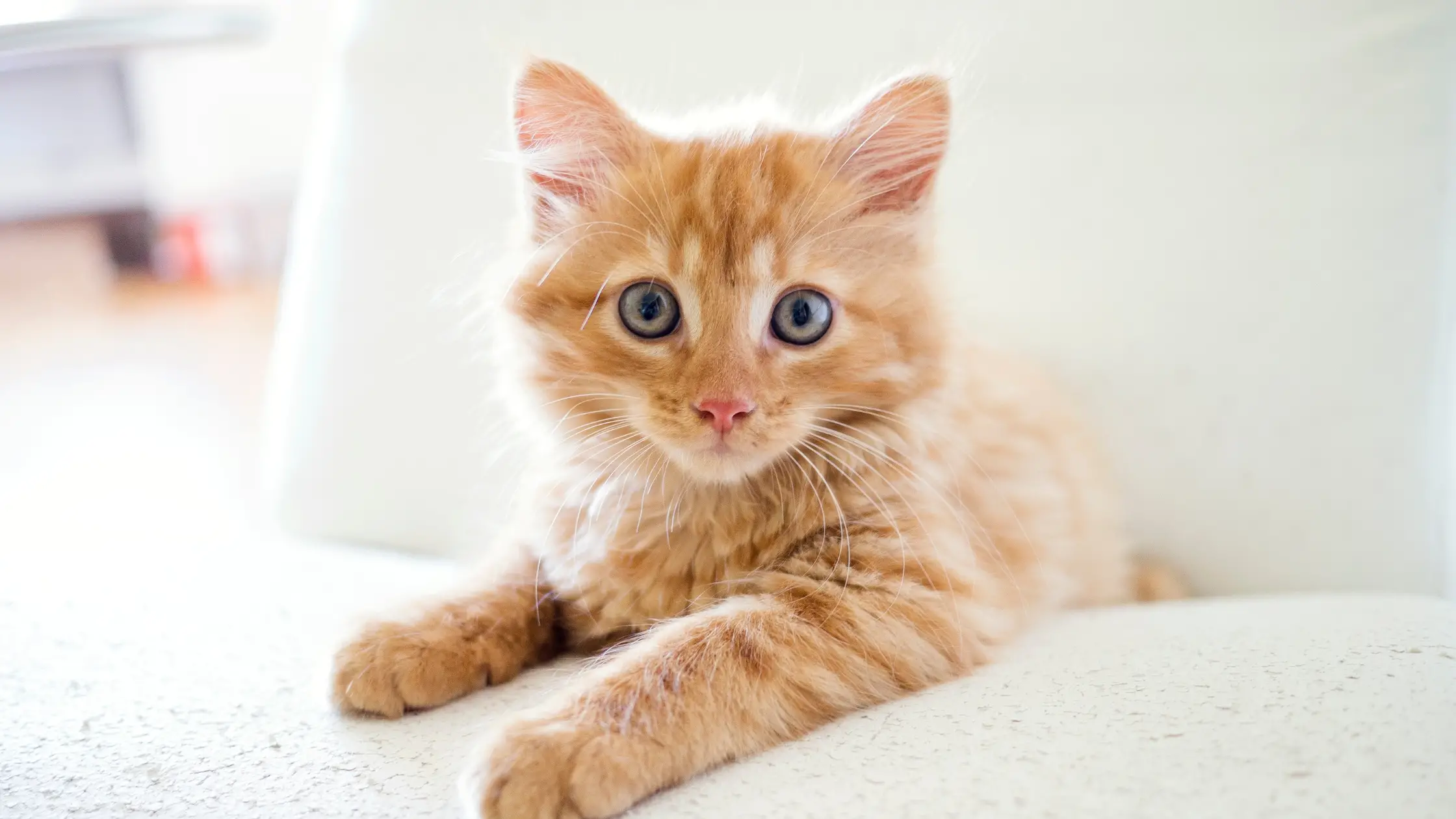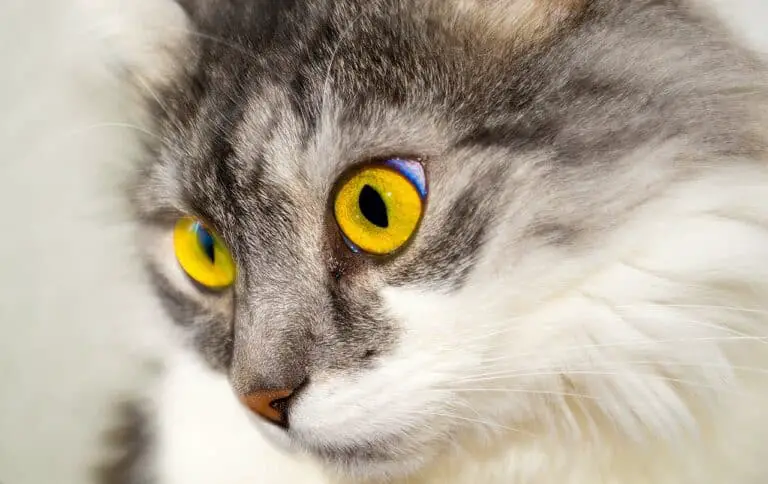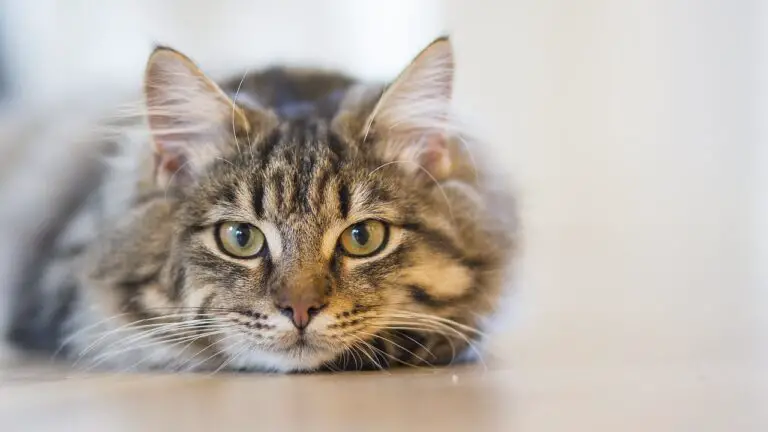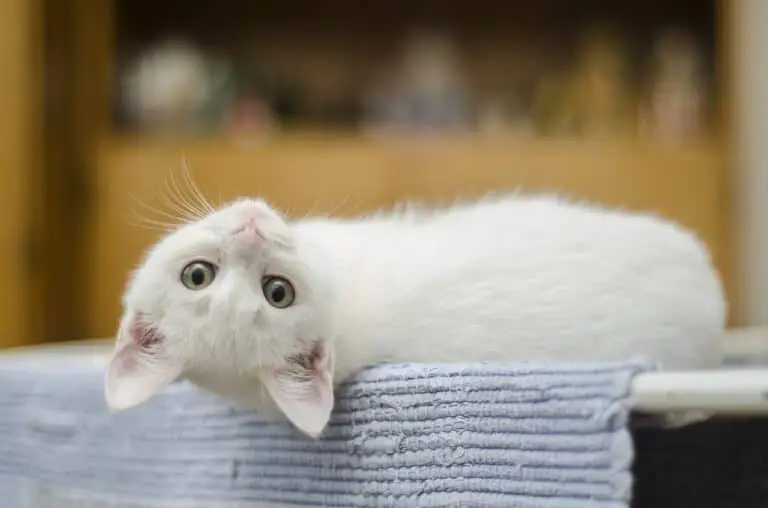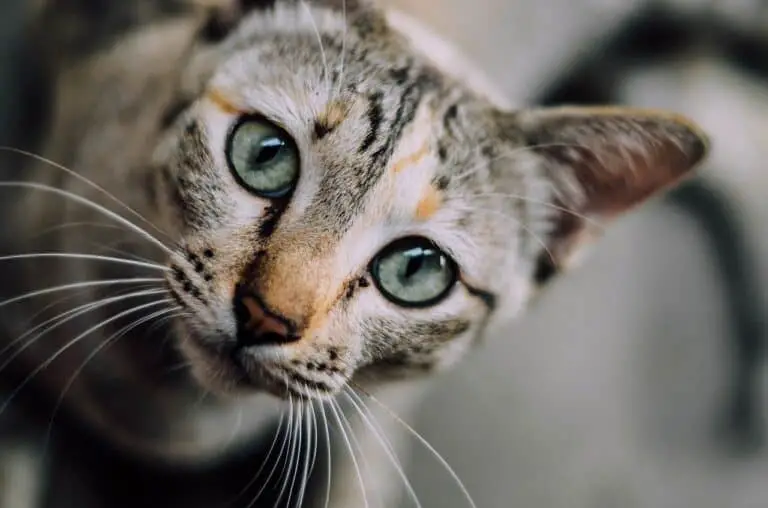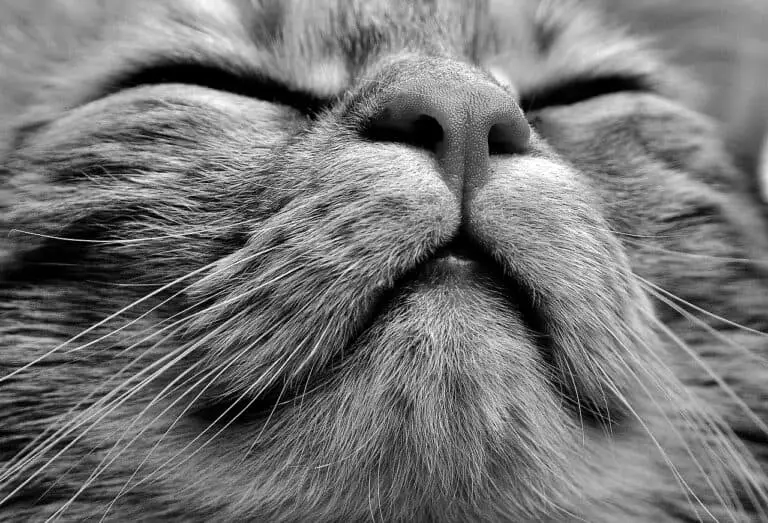DO CATS FEEL ABANDONED WHEN YOU GO ON VACATION? 5+ THINGS TO EXPECT
Do cats feel abandoned when you go on vacation? When you go away and you have a cat in your house, the chances are that your cat will experience some stress or loss. You are an important presence in your cat’s life, sometimes the only one.
Cats may experience some degree of stress or anxiety when their owners go on vacation or are away from home for an extended period, but this does not necessarily mean they feel abandoned. But when you are back, things can get better for your cat.
There are also things you can do to help your cat feel better when you are away and when you come back.
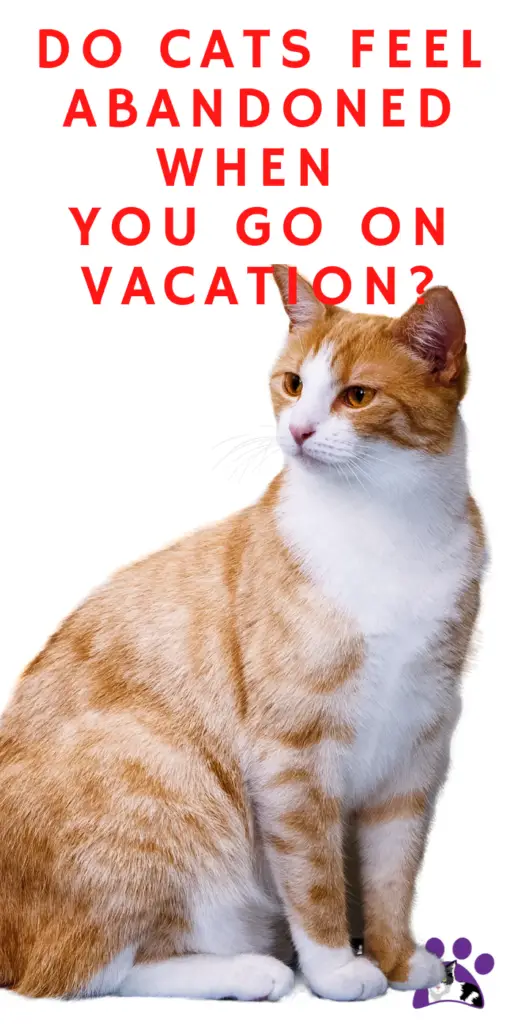
DO CATS FEEL ABANDONED WHEN YOU GO ON VACATION?
Cats are independent animals and are capable of entertaining themselves as long as they have access to food, water, and a clean litter box. However, cats do form strong bonds with their owners and may miss their presence and attention when they are away.
Some cats might experience changes in behavior when they do not see you come home. For example:
- Looking for you around the house
- Meowing a lot more
- Lack of appetite
- Lethargy
- Using the litter box improperly
To help ease your cat’s stress and anxiety during your absence, it’s important to provide them with plenty of attention and affection before you leave and ensure they are well-cared for while you are gone.
This could mean hiring a trusted pet sitter, boarding your cat in a reputable cattery, or arranging for a friend or family member to look after them.
But, often, even if another person takes good care of your cat, they still look for you. To some degree, cats will always feel your absence.
Additionally, you can take steps to maintain your bond with your cat while you are away, such as leaving a piece of clothing with your scent on it, providing them with toys and treats, or arranging for video chats with your cat sitter or boarding facility.
By providing your cat with plenty of love and attention and ensuring they are well-cared for in your absence, you can help minimize any feelings of abandonment or anxiety they may experience.
DO CATS FEEL ABANDONED WHEN YOU BOARD THEM?
Cats may experience some stress and anxiety when boarding in a new environment, but this does not necessarily mean they feel abandoned.
Cats are adaptable animals; they can adjust to new environments and routines with proper care and attention. While cats may initially experience some stress and anxiety when boarding, this is a normal reaction to a new and unfamiliar environment.
To help your cat feel more comfortable while they are boarded, you can choose a reputable boarding facility that provides a clean, safe, and stimulating environment for cats.
Additionally, you can ask the boarding facility staff to provide your cat with plenty of attention, playtime, and any special dietary or medical needs your cat may have.
READ ALSO: BOARDING YOUR CAT FOR THE FIRST TIME? 13+ TIPS TO MAKE IT EASIER
WHAT WILL BE THE BEHAVIOUR OF YOUR CAT AFTER RETURNING HOME FROM VACATION?
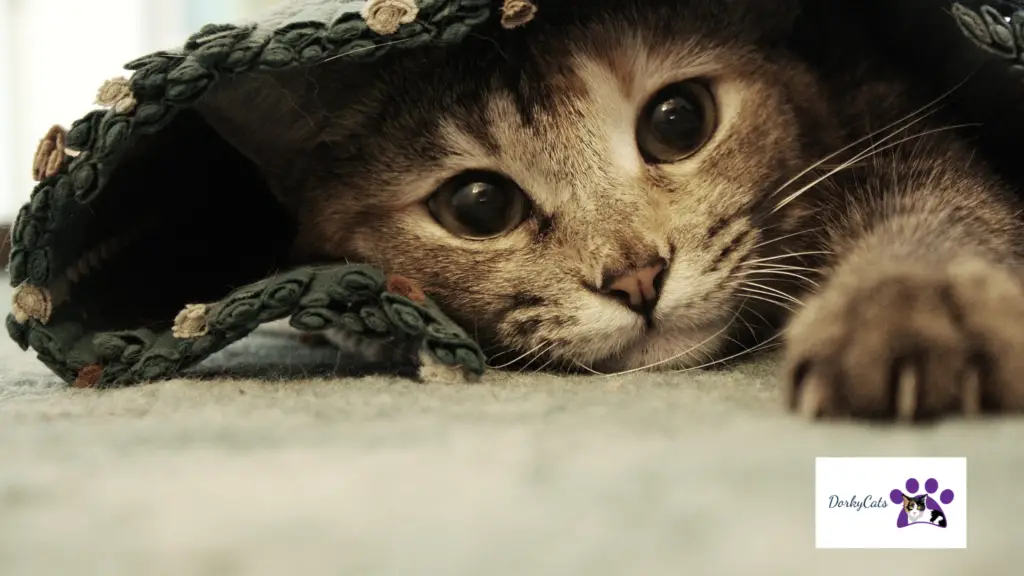
When you return home from vacation, your cat’s behavior might show disappointment. Your cat might try to ignore you for a while, meow at you loudly when you enter the door for the first time, or at the other end, your cat can become too clingy.
Here are some common behaviors that you may observe in your cat:
- Clinginess: Your cat may become more affectionate and clingy than usual, seeking extra attention and affection from you.
- Hiding: Some cats may hide or avoid contact with their owners for a short time after returning home. This is usually a temporary behavior; they will likely return to normal after a few days.
- Vocalization: Your cat may meow more than usual to express their emotions or communicate their needs.
- Increased Energy: Your cat may be more active and playful than usual, as it may have pent-up energy from being alone for an extended period of time.
- Changes in Eating and Sleeping Habits: Your cat’s eating and sleeping habits may be disrupted quickly as they adjust to their normal routine.
Overall, patience and understanding with your cat when you return home from vacation is important. Give them plenty of attention and affection, and help them adjust to their normal routine gradually.
If you notice any significant changes in your cat’s behavior or eating habits, or if they show signs of illness or distress, it’s best to consult with your veterinarian to rule out any underlying health issues.
WHAT DO CATS THINK WHEN WE LEAVE?
It’s difficult to know exactly what cats think when their owners leave, as we cannot communicate with them as we communicate with other humans. However, based on their behavior and body language, it’s possible to make some educated guesses.
Some cats may become anxious or stressed when their owners leave, as they may feel a sense of abandonment or separation anxiety. Some cats are visibly confused while trying to guess how come the owner is not sleeping in the bed as usual or returning home.
Others may be more independent and show no signs of distress when their owners leave. Additionally, some cats may become excited or curious when their owners leave, as they may have more freedom to explore their surroundings without human supervision.
Overall, cats are individuals, and their reactions to their owners leaving will vary depending on their personality and temperament.
MY CAT IS MAD AT ME AFTER VACATION – WHAT CAN I DO?
If your cat seems mad or upset with you after you return from vacation, there are several things you can do to help repair your relationship:
- Give your cat time and space: Your cat may need time to adjust to your return. Give them space and let them come to you when they’re ready.
- Offer extra attention and affection: Spend some extra time with your cat, playing, petting, and grooming them. This can help rebuild your bond and reassure them that you still love them.
- Provide treats and toys: Offer your cat their favorite treats or toys to help cheer them up and make them feel special.
- Stick to a routine: Cats thrive on routine, so try to return to your routine as soon as possible. This can help your cat feel more secure and comfortable.
- Consider leaving a piece of clothing with your scent: If your cat seems particularly upset or anxious, you can leave a piece of clothing with your scent on it for them to snuggle with while you’re away. This can help reassure them and make them feel more secure.
It’s important to remember that cats are sensitive creatures and may take some time to readjust to changes in their environment or routine.
By being patient and understanding and by providing your cat with plenty of love and attention, you can help repair your relationship and rebuild your bond with your feline friend.
DO CATS FEEL ABANDONED WHEN YOU GIVE THEM AWAY?
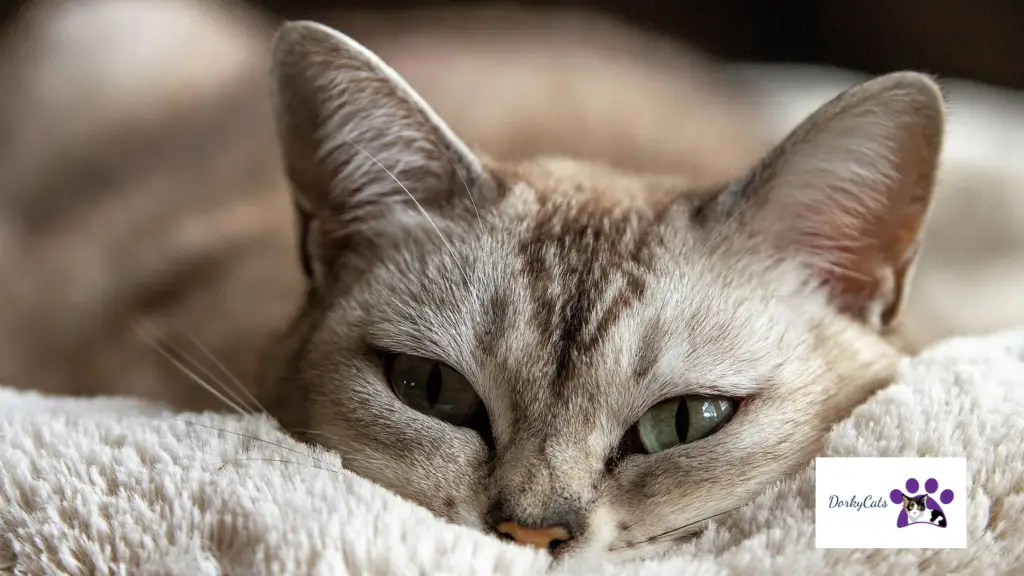
Cats can feel abandoned or distressed when they are given away or rehomed. Cats form strong bonds with their owners and become attached to their homes and routines.
When their living situation changes, they may become stressed, anxious, or depressed, and they may exhibit changes in behavior such as decreased appetite, excessive vocalization, or hiding.
If you need to give your cat away, it’s important to do so in a way that minimizes their stress and discomfort. You should try to find a new home that will provide your cat with the love, attention, and care they need, and make sure that the new owners are prepared to take on the responsibilities of cat ownership.
DO CATS FORGET THEIR OWNERS IN A WEEK?
It’s unlikely that cats will completely forget their owners in just a week. Cats can form strong bonds with their owners and often have excellent long-term memories. However, cats can become confused or disoriented if they are away from their owners for an extended period, particularly in a new or unfamiliar environment.
If you are going to be away from your cat for an extended period of time, such as for a week-long vacation, it’s a good idea to make sure they are well-cared for and have someone to look after them while you’re gone.
If possible, have a friend or family member come to your home to feed, play with, and care for your cat while you’re away. Alternatively, you could consider a reputable boarding facility or cat sitter to look after your cat in your absence.
When you return home, giving your cat plenty of love and attention is important to help them readjust to your presence. However, even if your cat seems a bit aloof or distant at first, with time and patience, they will likely remember their bond with you and resume their normal affectionate behavior.
FREQUENTLY ASKED QUESTIONS
How long does a cat miss their owner?
The amount of time that a cat misses their owner can vary depending on the cat’s personality and the circumstances of the separation. Some cats will still miss their owner after two or three months, while others may miss their owners for many years.
Do cats know how long you are gone?
Cats do not have a sense of time as humans do, so they may be unable to accurately gauge how long you have been gone. However, cats are very perceptive animals and can pick up on changes in their environment, including changes in your routine and behavior.
When you are away, your cat may notice that your scent is no longer present in the home or that their feeding and playtime routines have changed. This can cause them to become anxious or stressed, as they rely on routines and predictability to feel secure.
Do cats get emotionally attached to their owners?
Yes, cats can and often do get emotionally attached to their owners. Although cats are sometimes portrayed as aloof or independent animals, they can form strong bonds with those caring for them.
Cats often show their attachment to their owners through various behaviors, such as following them around the house, seeking out their attention, and even vocalizing when they want to be close to them. They may also rub up against their owners, purr when they are petted, or sleep near them.

